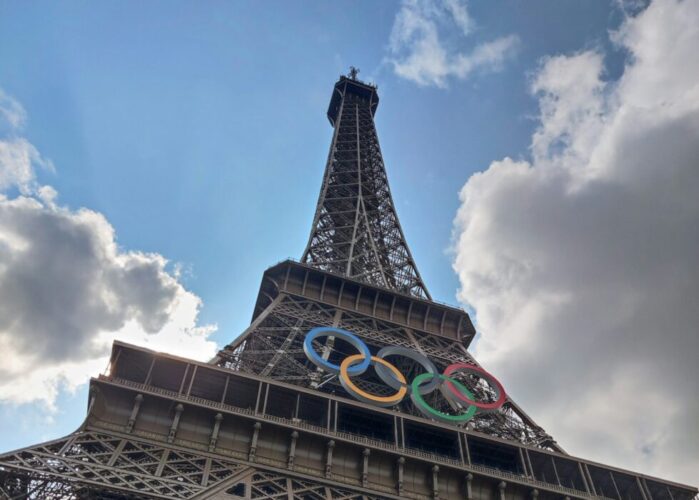From the unique surf break at Teahupo’o to the incredible physics behind Simone Biles’ hardest moves, global coverage has done a deep dive into fascinating science behind this year’s Olympic Games.
As the first week of the Olympics comes to an end, not everyone’s attention has been focused on the host city of Paris. Surf fans have been heading half a world away to Tahiti and its renowned pro surfer’s paradise of Teahupo’o.
Tom Shand, an honorary senior lecturer at the University of Auckland, broke down what makes the waves at Teahupo’o so unique – and dangerous.
“The lower part of the wave appears to drop away below sea level, with the top half folding over dramatically to create an almost cartoonishly perfect form.
“It is both the weight of water in the plunging lip and the risk of injury or death for a surfer in the wrong position that make this one of the world’s heaviest waves (in both senses of the word),” Shand writes.
Back in Paris, journalists have been breaking down the delicate mechanics explaining how athletes achieve what they do, from skateboarding and trampolining to the physics behind Simone Biles’ Yurchenko Double Pike.
Nature profiled University of Virginia mathematician Ken Ono. While his day job is studying problems in number theory, Ono has developed techniques that may help Team USA’s swimmers go just that bit faster.
“Does this work help me prove theorems about distribution of prime numbers? No. But if I’ve learnt one thing, even from the last few days, it is that there is a thirst for new applications of mathematics and science beyond what people traditionally think of as mathematics,” Ono said.
Staying in the pool for a minute, The New York Times reports this year’s indoor swimming pool might be too shallow, measuring at 2.2 metres in depth instead of the standard three. This has led to speculation that the pool’s relative lack of depth is creating more turbulence in the water, which is slowing the swimmers down.
El País takes a stab at answering the question around why so few world records are generally broken at the Olympics.
Meanwhile, in an “Expert Voice” piece for the SMC Spain, Assistant Professor Luis Cereijo of the University of Alcalá explores why so many of us are sports fans only when the Olympics rolls around.
Cereijo argues the Olympics offer a wide variety of events for all tastes, compared to a singular event like the men’s football World Cup. The Olympics also offer a greater visibility of women’s sports and makes it easier for casual spectators to connect with the competition narrative.
“Real sports appeal to everyone because play is part of the human essence,” he writes.
